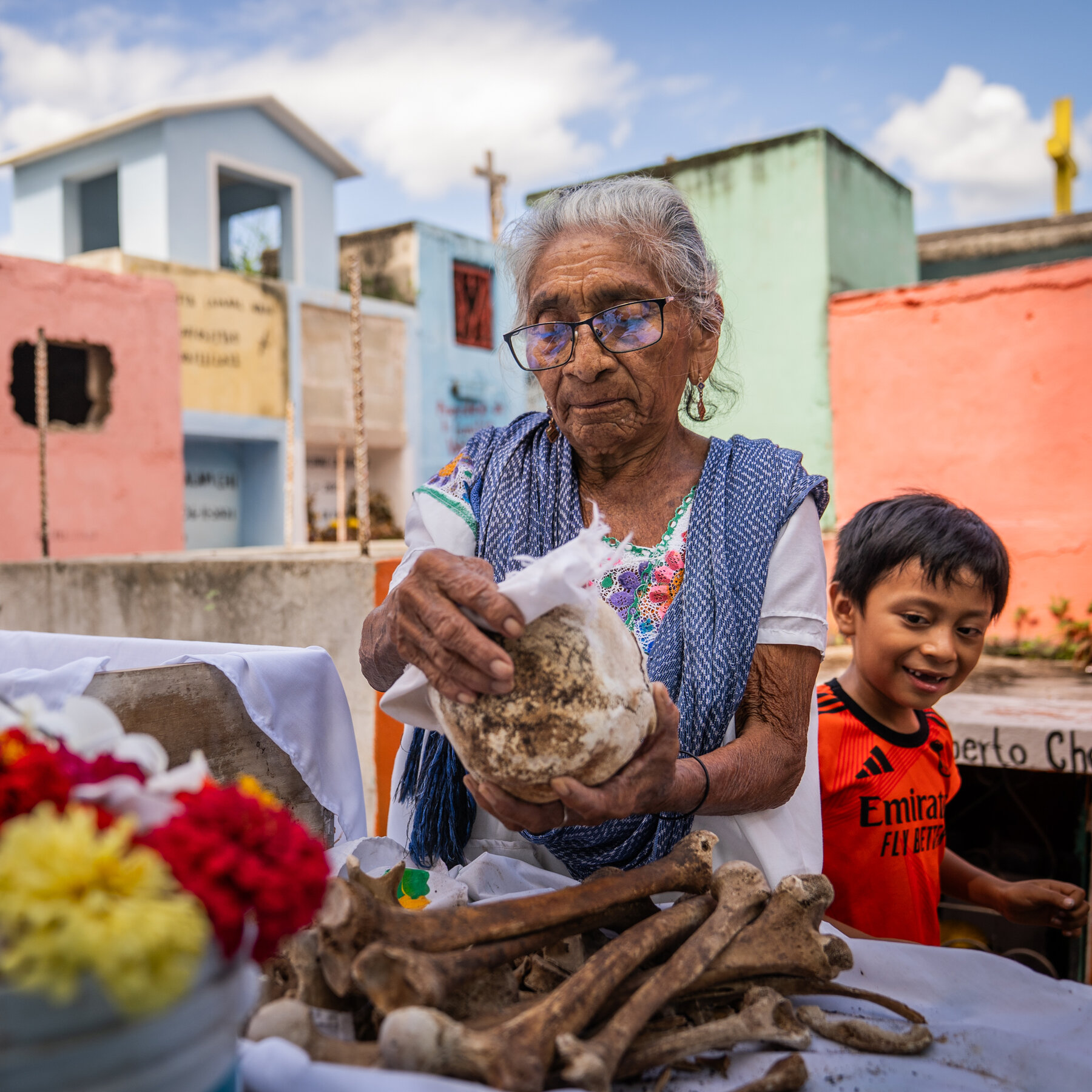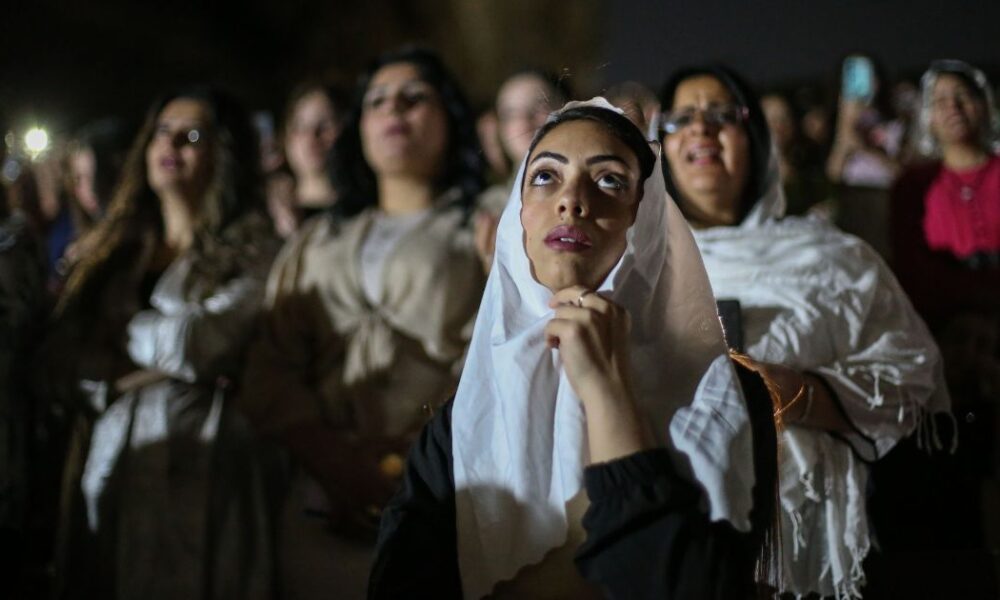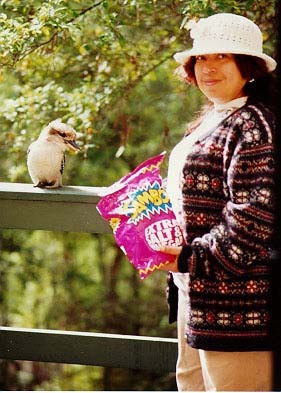In Pomuch, a small town in Mexico, traditional practices surrounding the Day of the Dead are evolving. This year, as locals prepare for the annual celebration on October 31 and November 1, they are confronting an unexpected challenge: an influx of tourists. Known for its unique custom of exhuming and cleaning the bones of deceased relatives, Pomuch has become a focal point for those wishing to witness this solemn yet vibrant cultural event.
The practice in Pomuch involves families carefully exhuming the remains of their loved ones, cleaning the bones, and placing them in decorative niches within local cemeteries. This ritual, steeped in tradition, is meant to honor the deceased and celebrate their lives. For generations, it has been a deeply personal family affair, but as interest in the Day of the Dead grows, so does the number of visitors eager to observe this unique custom.
Local residents have expressed mixed feelings about the surge of tourists. While some welcome the economic benefits that increased foot traffic brings, others are concerned that the commercialization of their traditions could diminish the sacred nature of the practices. Jorge Cazares, a local historian, noted that “it is essential for us to preserve our customs while also sharing them with others.” This sentiment highlights the delicate balance Pomuch must strike between tradition and tourism.
The local government has taken steps to manage the situation. They are implementing guidelines to ensure visitors respect the cultural significance of the rituals. This includes designated viewing areas and educational programs aimed at informing tourists about the Day of the Dead’s importance. The aim is to foster a respectful environment where both locals and visitors can appreciate the deep cultural roots of this celebration.
Despite these efforts, some residents worry that the influx of tourists could lead to commercialization that undermines the heartfelt essence of the event. They fear that as more people come to witness the rituals, the focus may shift from honoring the dead to entertaining the living. This concern reflects a broader issue faced by many communities worldwide as they navigate the complexities of cultural preservation in the face of growing tourism.
As the Day of the Dead approaches, Pomuch is preparing for an increase in visitor numbers. Tourists are expected to flock to the town, drawn by its rich traditions and the opportunity to experience a cultural event that has gained international recognition. With the potential for economic boosts, local businesses are gearing up to meet the demand, offering food, crafts, and guided tours that highlight the significance of the rituals.
Ultimately, the challenge for Pomuch lies in maintaining its identity while welcoming outsiders. The town’s residents are united in their commitment to honor their ancestors while also adapting to the realities of modern tourism. As November 1 approaches, all eyes will be on Pomuch, where the past and present intertwine in a celebration that resonates far beyond its borders.







